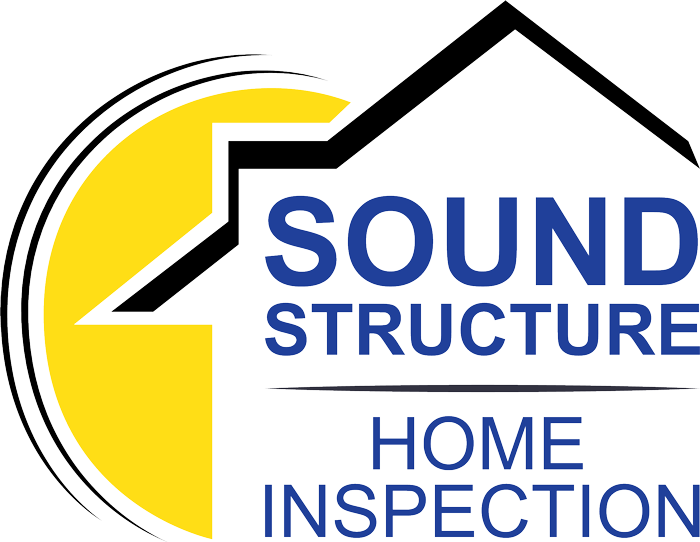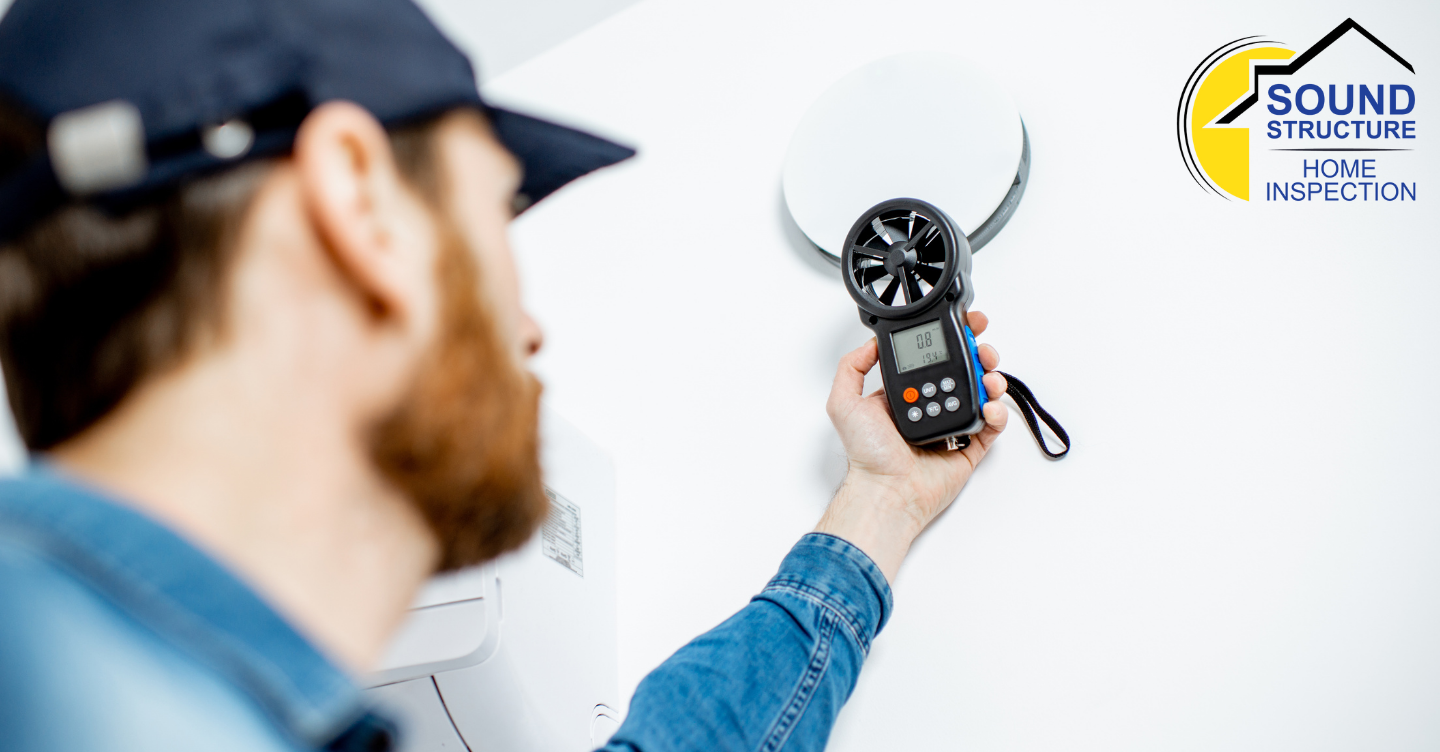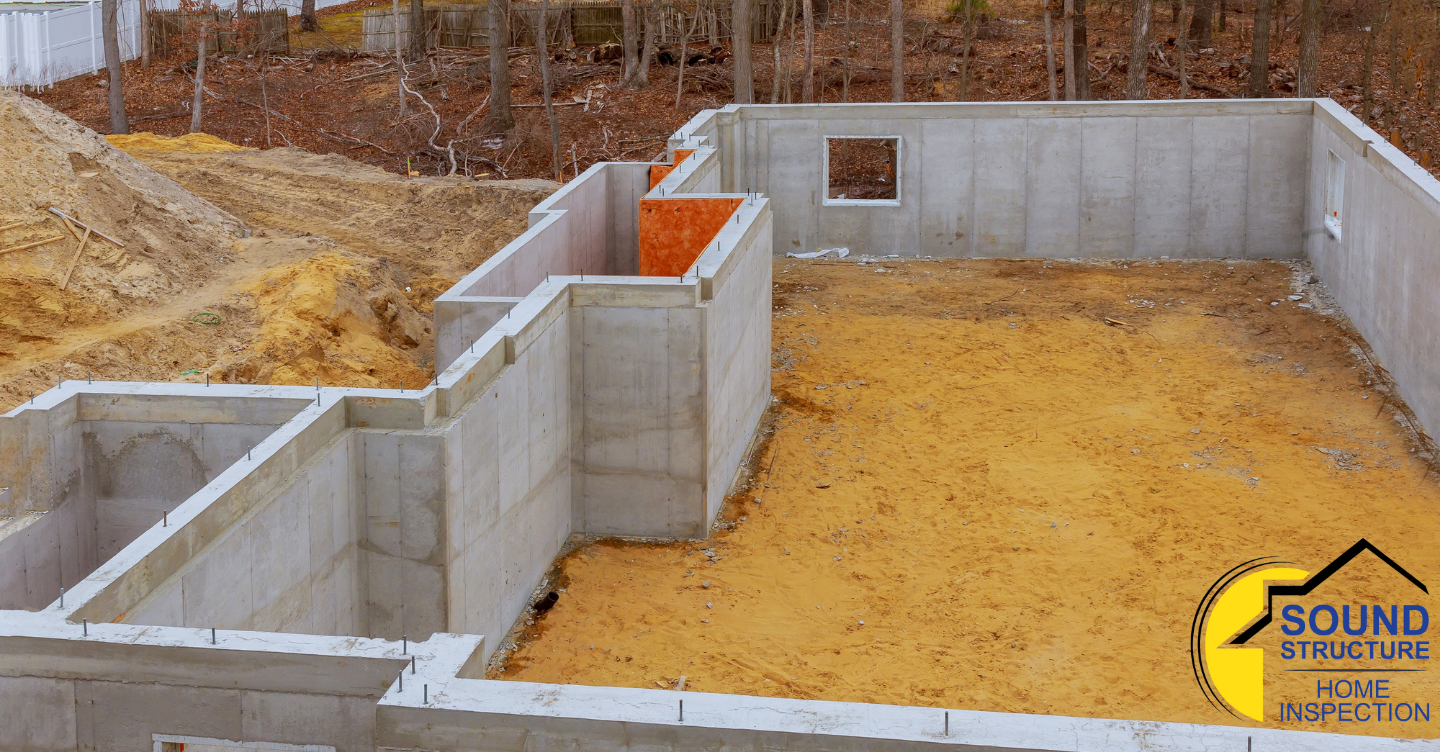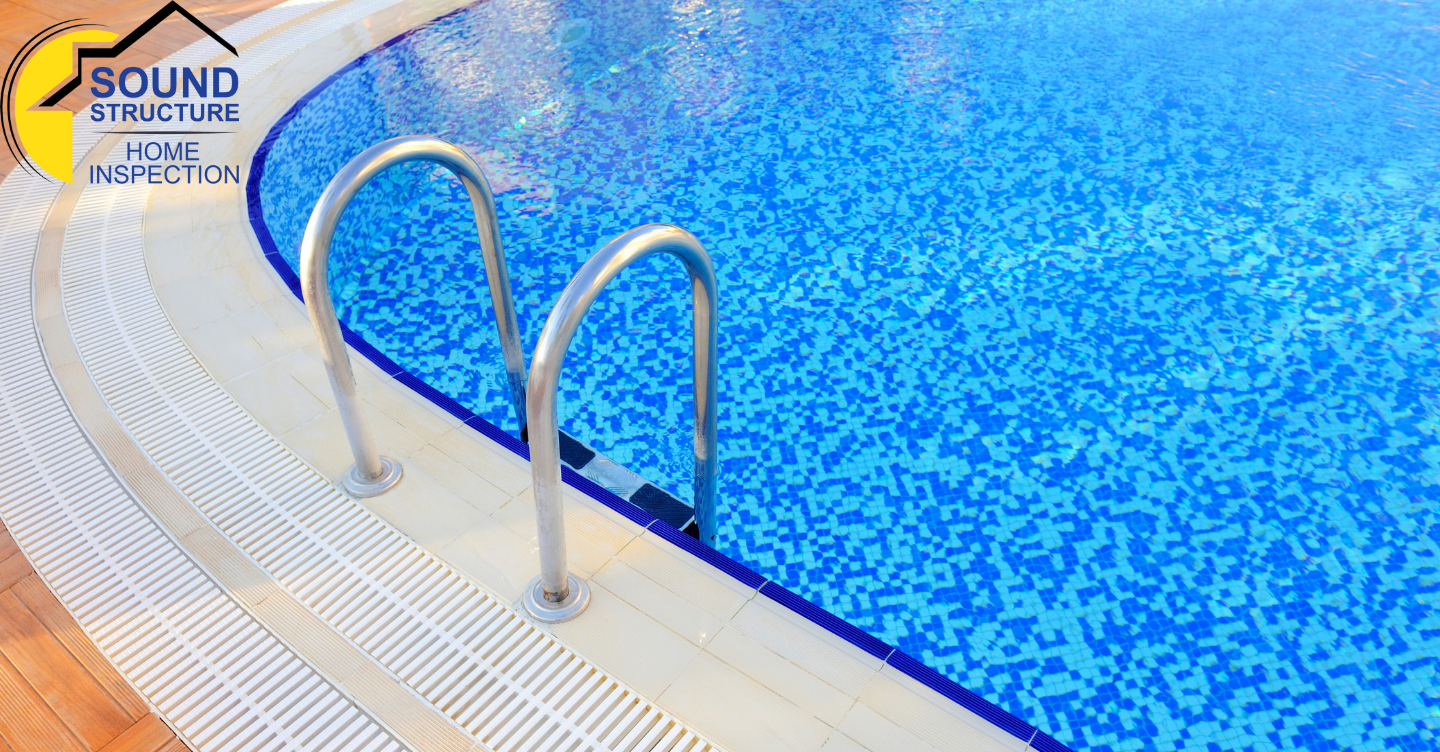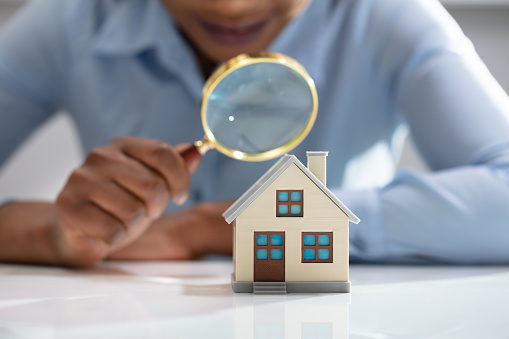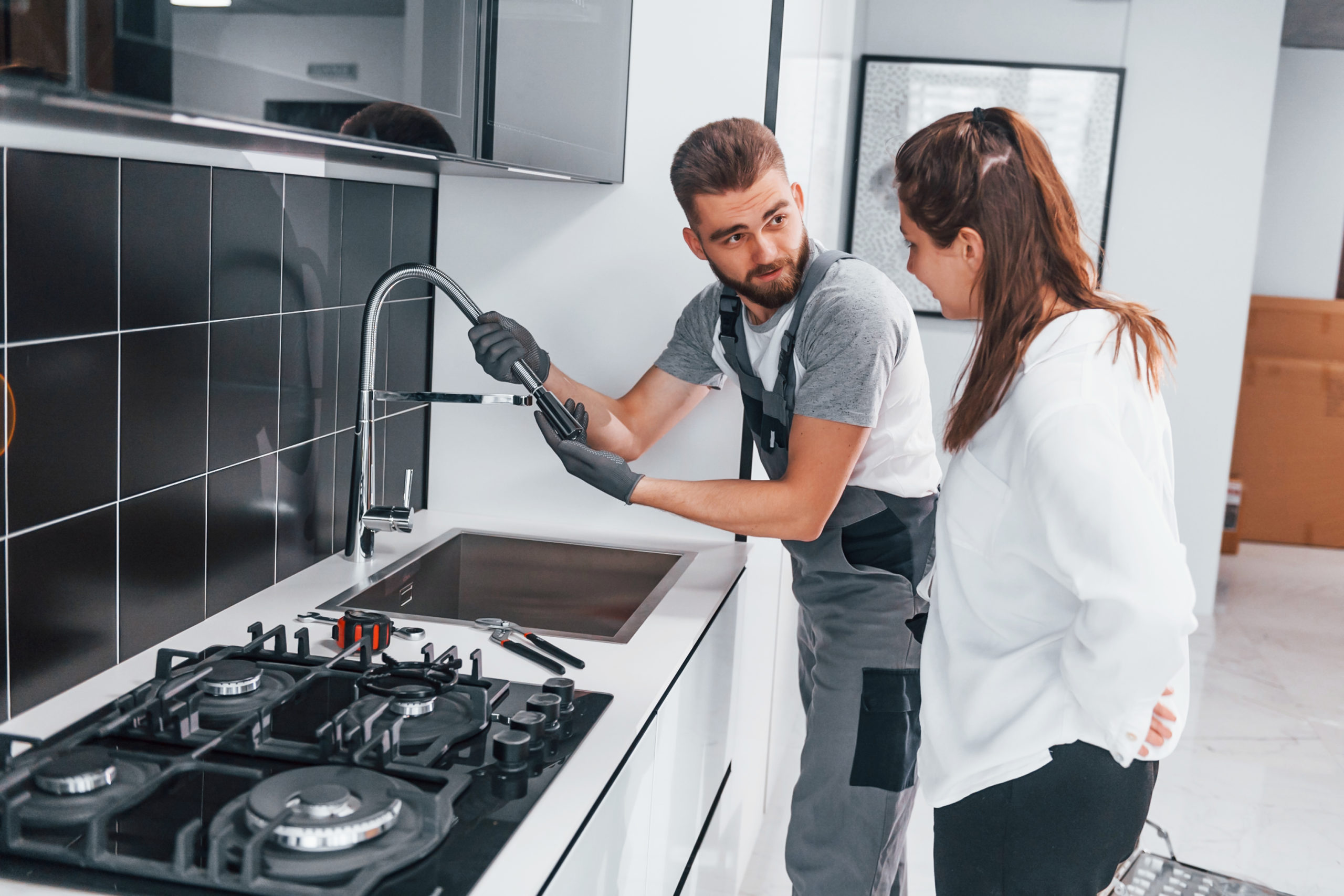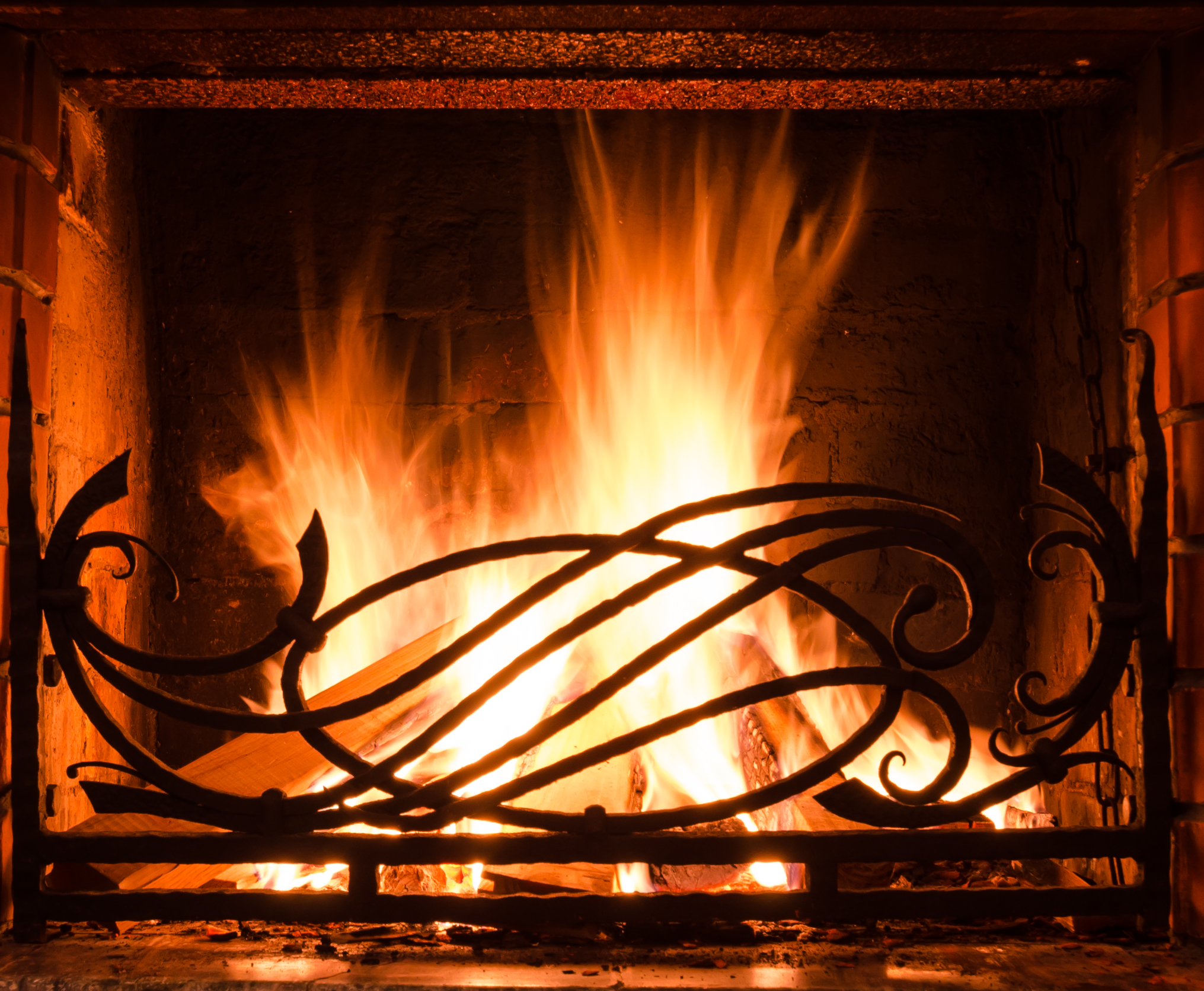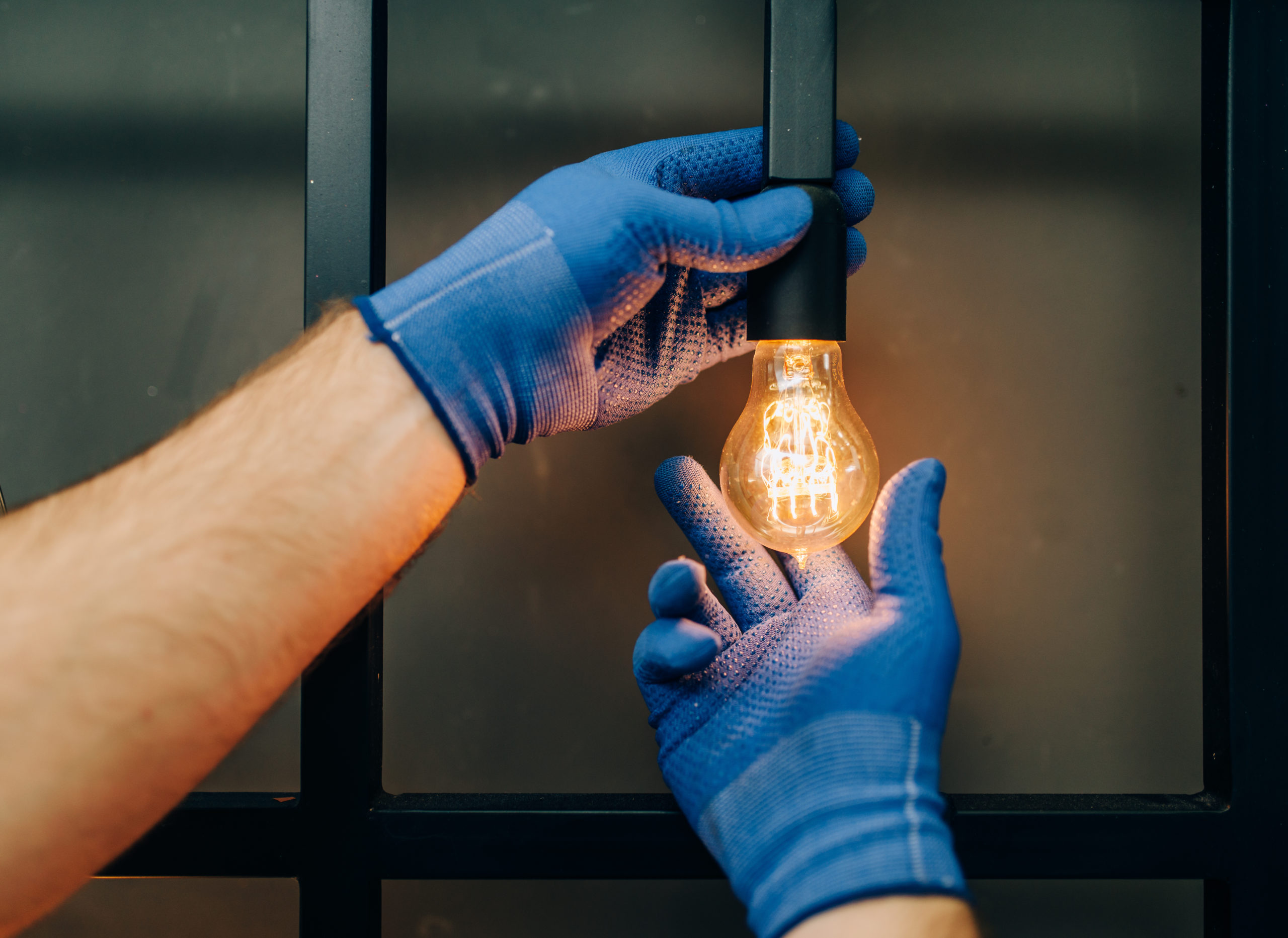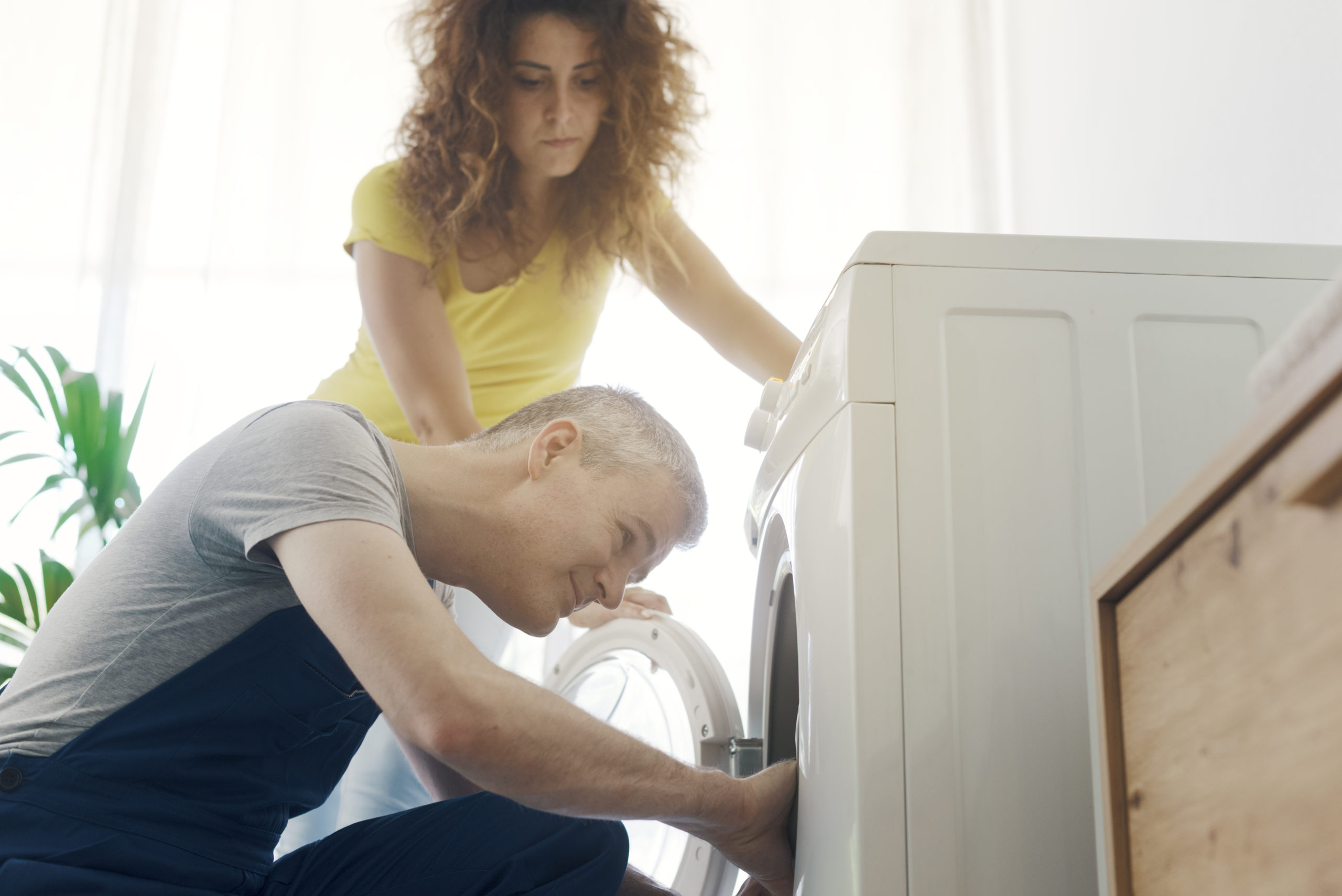Radon Testing In Your Home
You’ve likely heard about the importance of getting a home inspection during the buying process. Whether you are a buyer or a seller, having an inspection done lets you know if there is an issue with your home, and gives you the chance to handle them before closing. Something most people don’t think about is doing a radon test. However, it is an important thing to schedule. While it can be done proactively, it’s better to get a test done by a professional. Here is what to know about radon testing and why it’s important.
What is Radon?
Before making an appointment to test your home for radon, it helps to know exactly what it is. Radon is a gas that is odorless and colorless and occurs naturally in the earth. It is released as various elements such as radium and uranium breaks down in the soil under your house. Radon can enter your home through small cracks or openings in foundations. In addition,
When kept to tiny amounts, such as in the air outdoors, radon is not a major health risk. As it builds to higher levels, however, those risks increase. This is especially true if it is allowed to build in a tightly sealed building. As a radioactive gas, radon can be very dangerous when someone is exposed to it for long periods of time. Inhaling radon at these extended levels can lead to an enhanced risk of lung cancer. According to scientists, 15,000 to 22,000 lung cancer deaths are associated with radon. This makes testing for radon an essential step for both new and existing homeowners.
How Radon Testing Works
A radon test is designed to collect radon gas and radioactive particles in the air. Once a sample is collected and measured, it is used to determine the exact amount of radon in your home. Inspectors usually place a tester on the lowest level of a home. This is due to the fact that radon rises from the ground. Home versions of a radon test do exist; however, they are not recommended as they are not as accurate as a professional test.
Two types of radon tests exist: active and passive. Passive tests are designed to collect materials over a set timeframe, usually 48 hours though some can last up to a week. These tests often use charcoal canisters that are placed in your home and the charcoal absorbs any radon gas. After the timeframe ends, the can is sent to a lab for measurement. Active tests consist of a device that is continuously plugged in and constantly measures data in real-time. They have the option of being used on a short-term or long-term basis, depending on your needs. Following the test, you will receive results that will determine if you need mitigation.
Other Things to Know
Scheduling a radon test can be beneficial for both buyers and sellers. For sellers, it’s recommended by the EPA to test for radon before putting your home on the market. A passing score can be used as a positive that can be advertised in a listing. For buyers, it’s a way to achieve peace of mind knowing that your home is not in need of mitigation. If a home does need mitigation, a professional will install a radon mitigation system. While it’s impossible to completely remove radon, a mitigation system can keep its concentration to low levels. A pipe is installed underneath the soil in your house and extends upwards. An exhaust fan is attached and is designed to draw any gas towards the outside of your home.
It’s also important to note that there are conditions where you will need an additional radon test. For example, if you had a test done during the summer, you want to schedule a second one for the winter months. Radon levels can vary depending on the season. Since radon levels tend to be higher in the winter, it’s the best time to check to see if gas levels can be highly concentrated. Another time to schedule an additional test is after you’ve made changes to your home. Any structural, HVAC, or exterior change can cause a spike in radon levels, so it’s wise to check upon completion.
Radon at high levels can be a dangerous situation that can lead to serious health impacts. However, by properly testing for the gas with the help of a professional, you can reduce the risk to your home.
